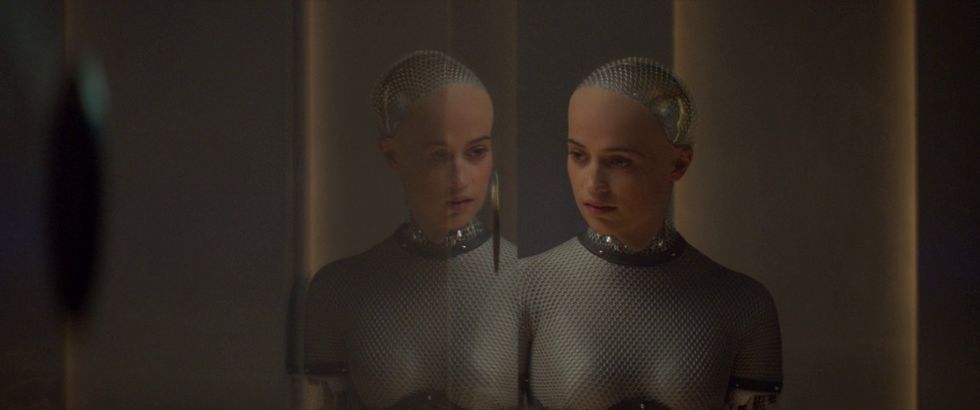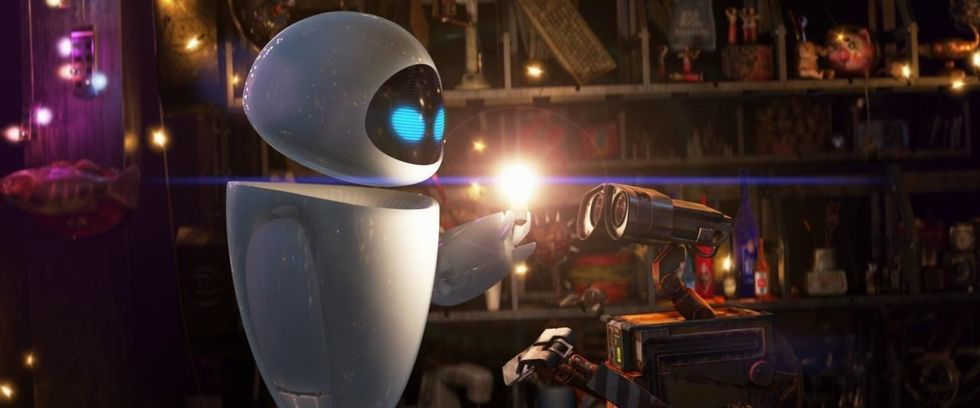These DPs Share the Advice Their Mentors Gave Them About Cinematography
Are you an aspiring cinematographer? These experts have some important tips for you.

Sometimes the best way to learn is to act like a fly on the wall and listen as people discuss their work. How do they talk to each other? What do they all like, or dislike? What tech is working or not working for them? What other experts do they admire? Thankfully, we have roundtables for that.
CookeOpticsTV hosted a discussion with a few cinematographers from both film and TV. The roundtable included Phil Meheux, James Friend, Kate Reid, Christopher Ross, Ben Smithard, and Gavin Finney all talking about the most valuable advice they'd been given.
The video is especially good for educating viewers on some of the biggest names in cinematography. Who did these DPs learn from? Watch the video below, then read on to find out!
Axioms on Light Meters
Finney still thinks about something Billy Williams told him at the beginning of his career: trust your eyes instead of the light meter. He was trying to shoot a scene during a workshop, but his meter kept giving him an error. Williams asked him what he thought the scene looked like. Good? Then shoot it.
Ross got similar advice from John Seale.
"The only things you need to be a cinematographer [are] a light meter and an opinion," Ross said. "And a light meter's not all that important."
Get in the Zone
Friend says that when you're shooting talent, stand in the spot the actor will be standing. Feel the camera and lighting placement. You'll be able to catch errors before you get started. (He got this advice from Meheux, by the way.)
Don't Rush to Fix "Accidents"
Reid urges cinematographers to be open to happy accidents. If a light gets moved or your setup somehow gets "messed up" during a scene, she says you should see how it looks before you rush to "fix" it. Maybe the scene has been improved! She paraphrases this advice from Néstor Almendros.
Know the Roles on Set
Friend added that it's incredibly important to know all the roles on a film set. If you ask a gaffer or grip to do something, know if that's a reasonable request and how long it will take. Be a team player and appreciate everyone's work.
Have the Mind of an Editor
Along the same lines, understand how an editor might work. You're providing the tools and angles that will allow the editor do their job. Provide the best possible shots that can be cut together in a compelling way.
What's next? Learn from more of our favorite DPs
You can't go wrong with Greig Fraser and Roger Deakins. We've also got some must-have cinematography books to continue your education. You can also listen to six cinematographers explain their careers in our podcast.
Source: CookeOpticsTV













